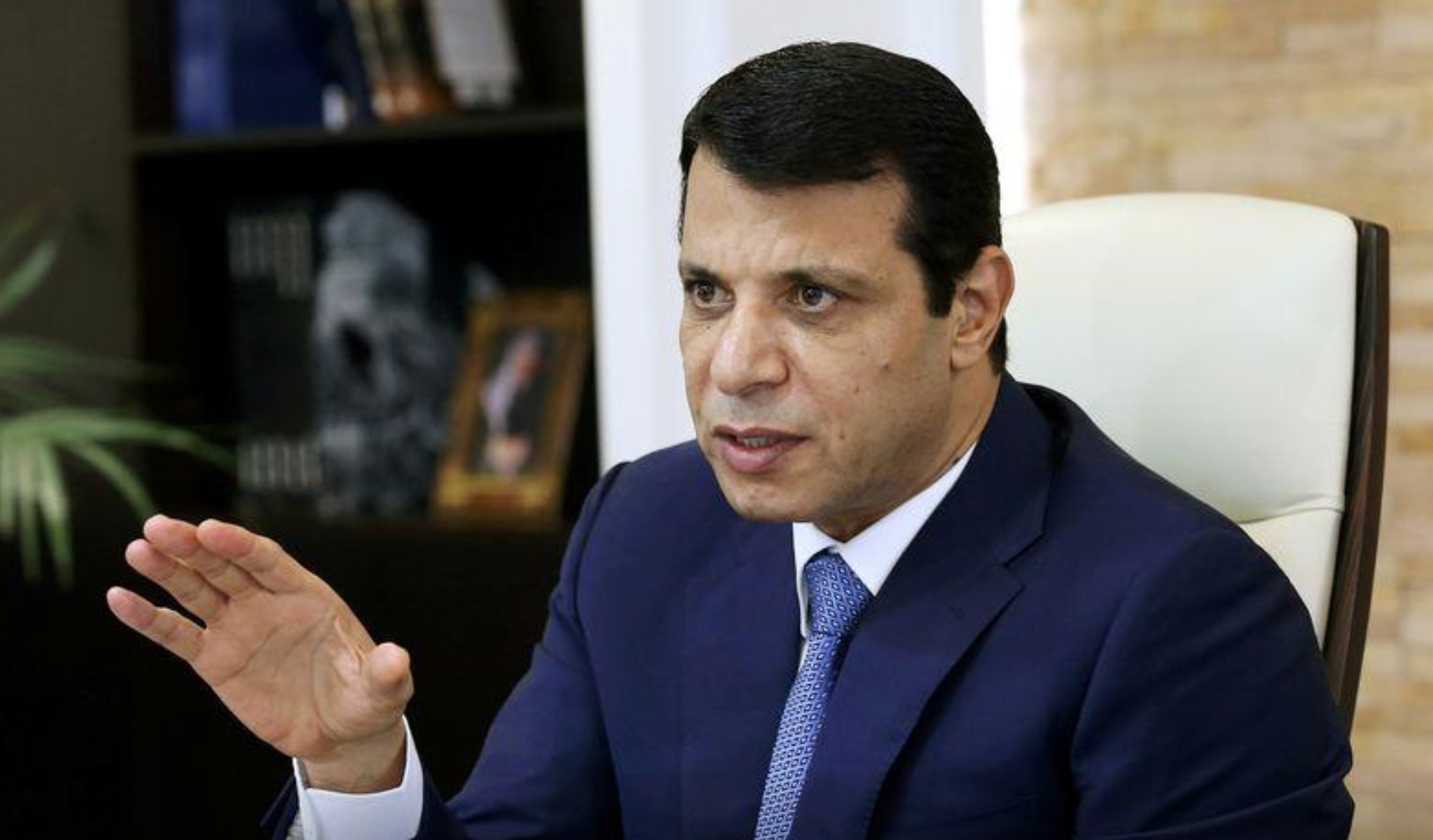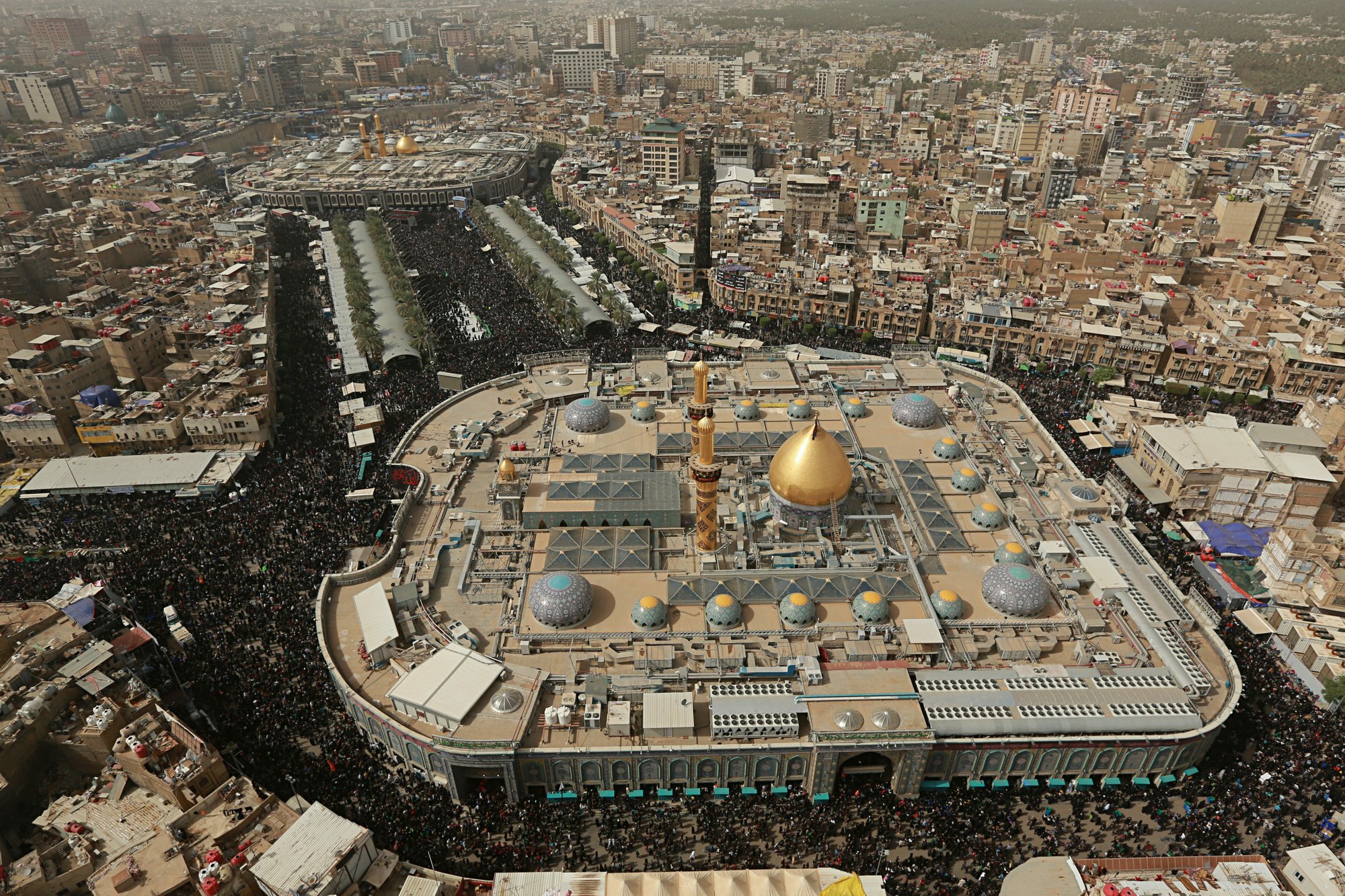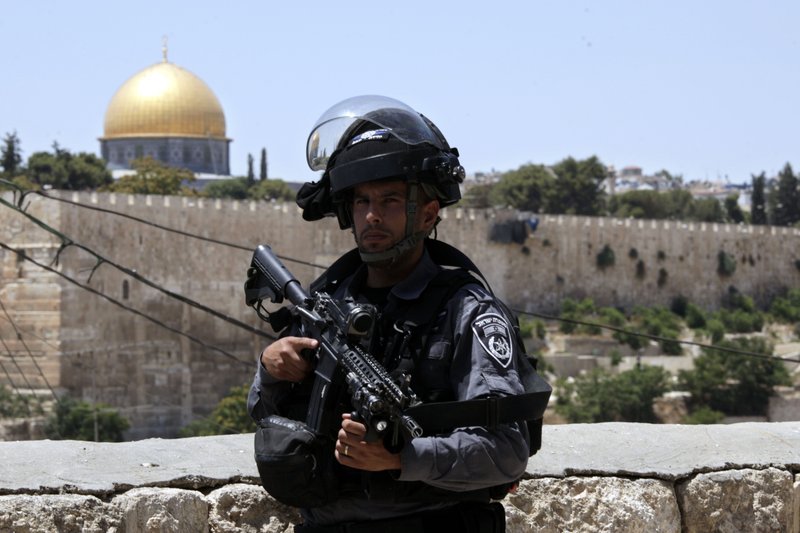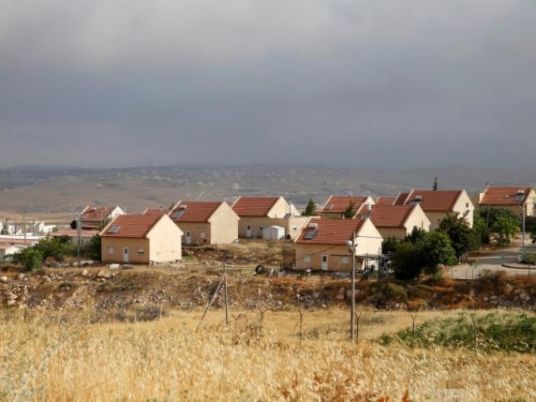
Israel's government has blamed president Mahmud Abbas for anti-Jewish violence in Jerusalem, but the Palestinian leader wields neither the political influence nor the security capacity to rein it in, experts say.
Abbas, who aims to pursue statehood through political means at international level, has no interest in encouraging violence, and Israel's accusations are a rhetorical device aimed at harming his diplomatic drive, they told AFP.
The president is hampered by lack of credibility as head of the unpopular Palestinian Authority, which under accords with Israel acts as its security partner in the occupied territories.
But the PA has no control over Israeli-annexed Arab east Jerusalem.
"Abbas does not want to incite violence — he has always opposed armed struggle and was among the first to call for an end to the second intifada (uprising)," which ended in 2005, said Julien Salingue, an expert on Palestinian politics.
"But he has no jurisdiction in Jerusalem, so you can't ask him to police the city."
After the bloodiest attack in the Holy City for years, when two Palestinians killed five people at a synagogue on Tuesday, Israeli leaders rushed to hold Abbas responsible.
The incident was the culmination of months of unrest in Jerusalem, which began with the burning alive of a Palestinian teenager in July, a revenge attack for the murders of three Israeli teens in the West Bank that was blamed on Hamas, the Islamist rivals of Abbas's Fatah faction.
But even before the uptick in violence, Israel had abandoned Abbas as a "partner for peace" when nine months of fruitless negotiations brokered by the United States broke down in April.
Random, individual attacks
Nathan Brown of the Carnegie Endowment for International Peace in Washington said any hardening of Abbas's stance was a sign of outright frustration, rather than "incitement" — a charge oft-repeated by Israel.
"His language has toughened, but that is as a result of the current crisis, not its cause," he told AFP, referring to Abbas's speech at the UN General Assembly in September that condemned Israel's "genocide" in this summer's Gaza war.
After a Palestinian rammed his car into a crowded tramway stop in Jerusalem on October 22, killing two Israelis, subsequent attacks have all been carried out by individuals operating as "lone wolves".
No group has officially claimed those attacks, although some of their perpetrators have been linked to Islamic Jihad, Hamas and the leftist Popular Front for the Liberation of Palestine.
"The incidents are spontaneous, badly-organised acts committed without coordination by any political or paramilitary organisation," said Stephanie Latte Abdallah, a historian and political expert, pointing to Abbas's inability to stop them.
Meanwhile, Israel's suppression of Palestinian political activity in Jerusalem has encouraged them, according to Salingue.
"That political void has been filled by these individual acts," he said.
'Diplomatic process dead'
Political activity at the top level has also come to an impasse with the breakdown of dialogue, fuelling the public perception that violence is one of few alternatives, Brown said.
"There's a growing conviction among Palestinians that the diplomatic process has been dead for a long time and that they need an alternative, even a violent one".
As the attitude hardens on the Palestinian street, the violence may cause Abbas problems in pursuing statehood at international level, according to Latte Abdallah.
"Abbas has no interest in encouraging violence while he is employing a strategy at international level that has begun to bear fruit," she said.
Abbas is trying to push a UN resolution to end Israel's occupation, and on the diplomatic front, Sweden officially recognised Palestine as a state last month, Britain's parliament urged the UK government to do the same, and France is mulling a vote on the issue.
Israel's attacks on Abbas are aimed at halting the international campaign, Latte Abdallah said.
"The Israelis don't really think Abbas is responsible, it's a rhetorical device."
Even the head of Israel's domestic security service, the Shin Bet, has said Abbas was not to blame, according to comments leaked by officials to Israeli media.
But, Latte Abdallah warned, if Israel resorts purely to reactive security measures against the attacks and ignores political avenues, "this can only lead to increasingly desperate acts."




